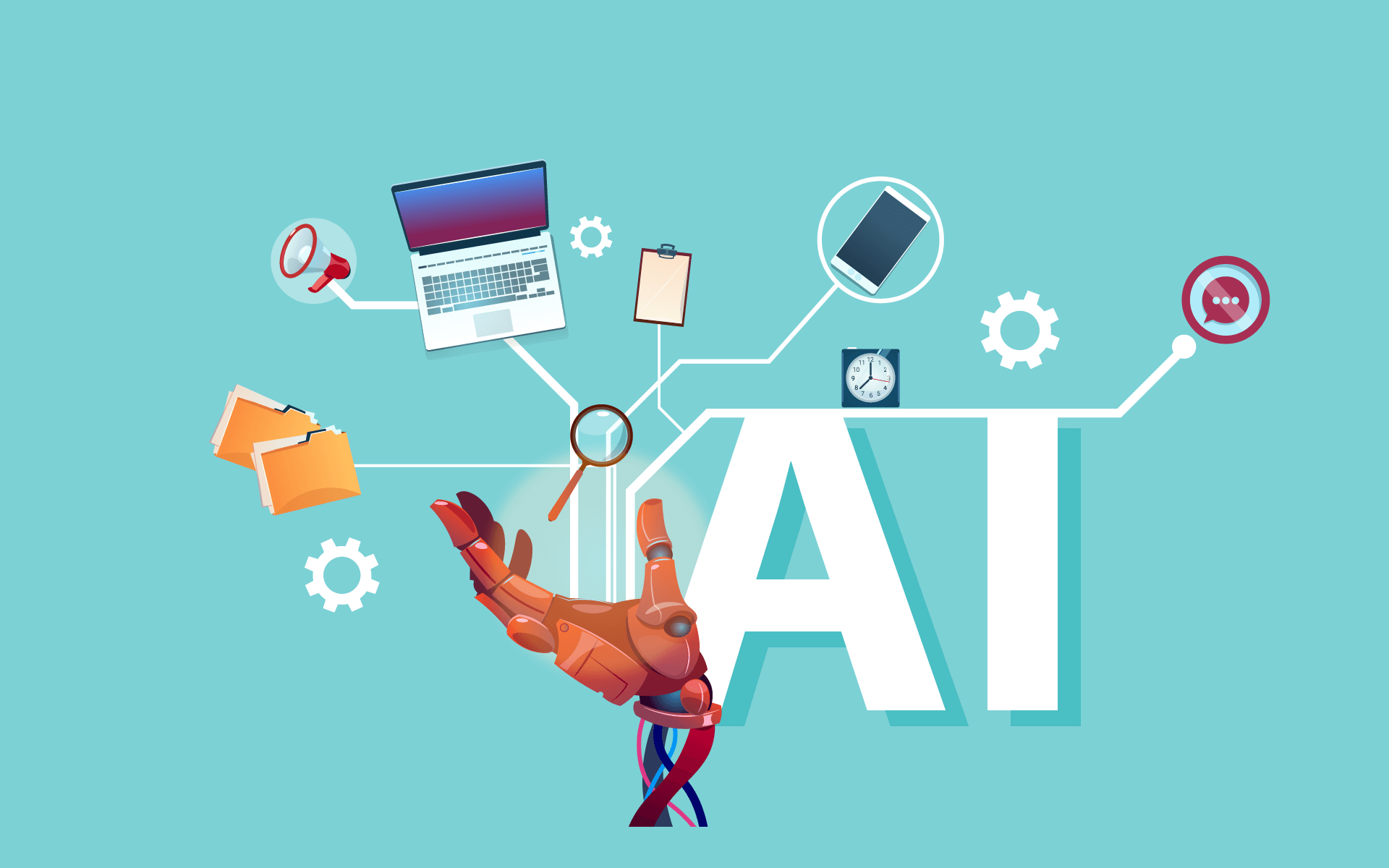Intelligence and creativity will be the key to humans surviving and thriving in the brave new world of work
Artificial intelligence (AI) and robotics are changing our world and disrupting the workforce, sparking fears that machines will take over our jobs. For some of us, they will, says Bronwyn Williams, a Future Finance Specialist at Flux Trends.
“If your job is a routine, process-driven job, whether you work in a white-collar corner office or a blue-collar factory, you are at risk of being made redundant by a robot or algorithm,” she says.
But AI won’t take over every aspect of a person’s job, just the menial, mundane parts.
Most jobs consist of numerous tasks and AI will take over the automated ones, freeing workers up to focus on tasks they find more enjoyable and meaningful.
“The future of work is changing and the jobs we do tomorrow will be very different to the jobs we do today,” says Williams. “The most important future-proof skill to develop is the ability to learn, and re-learn.”
According to Williams, the two core skills that will be in demand are creativity (the ability to dream up new ideas) and connection (the ability to lead, persuade, negotiate, encourage and inspire).
“The importance of adding value applies to employees as much as to industries,” she says, adding that people who develop a range of creative and technical skills across industries will be able to gain value and become irreplaceable.
The future is not human versus machines, says Williams. It is machines and humans working side-by-side.
World Wide Worx CEO Arthur Goldstuck agrees. “AI is an efficient, logical and inevitable evolution. The world of work has gone digital and AI will come into every role and every industry.”
If you see AI as the enemy, Goldstuck says, you won’t be able to harness its power. His advice for future-proofing your career is to get out of your comfort zone.
“If you get stuck in the comfort zone, you’re in trouble,” he warns, adding that when COVID-19 erupted, many teachers struggled with the transition to remote working because they had resisted digital tools for years and hadn’t wanted to change the way in which they operated.
“COVID-19 has forced organisations to embrace new ways to do things. It has forced them into the future,” he says.
Goldstuck predicts that AI will be widely accessible within the next 12 to 24 months, and will enhance people’s ability to perform.
“For example, doctors can use AI technology to help them make rapid and accurate diagnoses. That’s not taking their jobs away, that’s making them better doctors,” he says. “AI will be embraced across all industries and will totally transform the world of work and business.”
How to join the revolution
Williams provides the following six tips for future-proofing your career:
- Skill-up
Commit to a lifetime of continual reskilling and upskilling.
- Shift your thinking
Self-employed freelancers and micro-entrepreneurs will thrive in the new world of work. Instead of one job, they will have multiple side-hustles.
- Be human
Invest in skills that robots and AI will never be able to master, involving creativity and connection.
- Go hybrid
A range of skills transferable across mediums, platforms, disciplines and industries will reduce your risk of being displaced by technology.
- Be curious and learn
Keep up with trends and master new technologies as they become available, because today’s tech will soon be outdated.
- Be broad, go deep
Develop a wide general knowledge, and a broad range of professional experience and depth in a particular domain.

Leave a Reply